Ministry of the Interior (MoI)
Officers of Directorates General Counteracting Organised Crime, Border Police and Migration identify trafficked persons as part of their functional duties. The identification is performed for people who are proved or presumed to be trafficked persons, people who have identified themselves as such, or people who have been referred as such by other institutions or organisations.
During the initial contact or after the identification of trafficked persons, the officers of DG Counteracting Organised Crime, DG Border Police and Migration Directorate make a risk assessment to establish the danger of re-trafficking or possible violent retaliation against the victims or their families and relatives. At the same time, they perform a needs assessment with a view to providing emergency medical, psychological and legal aid, as well as determining whether it is necessary to accommodate the trafficked person in a crisis centre or a shelter. If it so, DG Counteracting Organised Crime, DG Border Police and Migration Directorate refer Bulgarian or foreign trafficked persons to the respective service providers.
Social Assistance Agency/Social Assistance Directorates (SAD)
Ministry of Foreign Affairs (MFA)
Crisis centres (within the meaning of the Social Services Act) and shelters with the NCCTH
Hotlines
International Organisation for Migration (IOM)
Victims of trafficking are identified upon signals about cases of trafficking received from Bulgarian and/or foreign competent authorities, including MoI, State Agency for Child Protection, Bulgarian embassies and consulates abroad, international organisations, Bulgarian and foreign NGOs. These signals are received in the IOM mission in Bulgaria as well as in all other offices of the organisation throughout the world. Upon receiving information about a trafficked person, IOM initiates a standardised procedure to assess the risk and immediate needs. This procedure includes cooperation with all people and institutions connected with a specific case. IOM develops an initial re-integration plan that serves as a basis for the start of the victim’s protection and re-integration process in Bulgaria. If necessary, IOM refers the victims to services provided by partner organisations.
All measures related to a specific case are documented by IOM in hard copy and electronically and are preserved according to IOM international standards and requirements.
